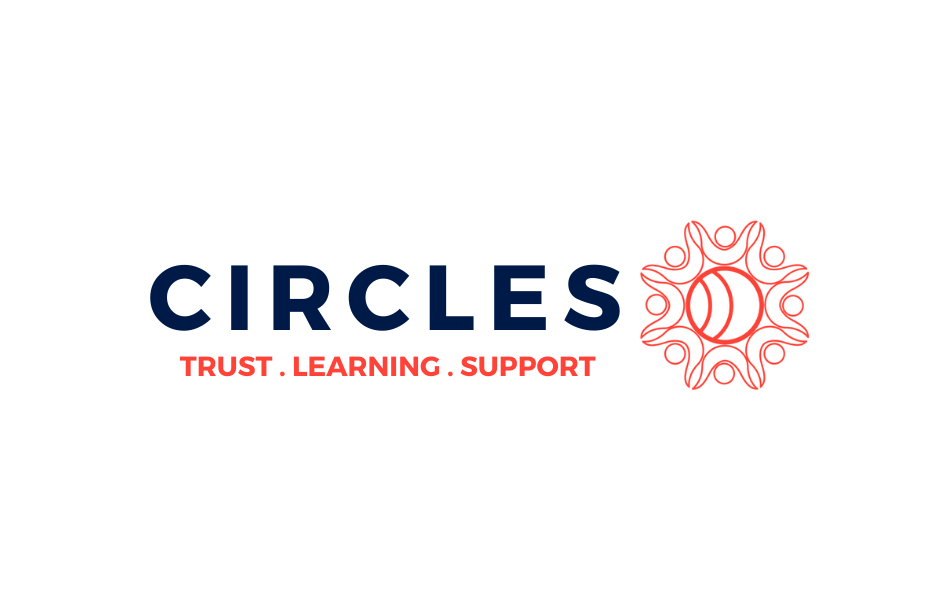Gender, Power and Cultivating YOUR Magic
Yami Newell
Elevate Energy
Pastor Booker Vance
Elevate Energy
Sylvia Ewing
Elevate Energy
Jenny Riley
Elevate Energy
Key Takeaways:
Learn to display your excellence and create your magic in a multitude of settings.
Your confidence is key; own your power.
You belong in the room.
Slide Deck:
Session Summary:
Led by Elevate Energy Director and third-year ComNet veteran, Sylvia Ewing, the panel was comprised of Associate Director, Marketing Jenny Riley, Policy Outreach Manager, Pastor Booker Vance and Outreach Manager, Yami Newell. At the start of the discussion, each of the panel members took turns expressing praise about women who inspire them. Icons including Toni Morrison, Michelle Obama, Dolores Huerta and Harriet Tubman were a few of the many.
But, what magic did these women have that you don’t?
What’s Your Secret Power?
Ewing got the ball rolling by asking those in the room to raise their hands if they have a secret power to get them through. One woman spoke of empathy and her ability to feel and understand what other women are experiencing. Another woman spoke about her ability to connect with others by listening and finding ways to help. One woman’s “BS meter” was a secret power that caused a wave of “oohs” and “awes” to circulate the room.
“You are amazing. [Millennials] are able to see BS very quickly and I think that’s one of the reasons you don’t mince words or apologize as much,” Ewing said.
Then, the panel weighed in on what their secret power is that helps guide them through the workspace. Jenny Riley, who does quite a bit of work with data, has secret powers of preparedness, honesty and confidence.
“Fake it ‘til you make it. Be confident in your space. You’ve been given a seat at the table. So, be confident and make change happen,” Riley said.
However, with every superpower comes kryptonite; something that can weaken or harm a person or thing. Same as she did with the secret powers, Ewing asked for a show of hands for those experience kryptonite, better known as “vulnerabilities.” This time, the number of hands far outweighed that of the secret powers.
One woman’s kryptonite was that she is risk-averse, which is defined as opposed to or only willing to take small risks. Another woman spoke about her ability to bring harmony and unity amongst others. Sounds great, right? Well, it serves as a vulnerability to her because she doesn’t enjoy conflict but her harmonious nature allows to become stuck in uncomfortable situations.
Make no mistake, it was clear that there is strength in knowing and understanding your kryptonite. The panel encouraged those in the room to use that to their advantage, and take charge of the room.
“I encourage women that I work with. You have to speak up and step forward, and I have your back,” Pastor Vance said.
Maintaining Your Integrity When You’re Tokenized
“There is a certain time when credibility can come from being a woman or being a person of color, and it can be appropriated inappropriately,” Ewing said.
One of the points of discussion included how to uphold and protect your honesty, morals and values in environments where you are expected to be a token or spokesperson for a group of people whom you identify with. Panel member Yami Newell touched on how the people around you can see through those tokenized moments.
“If you’re not being your authentic self and you’re allowing yourself to be exploited inappropriately, that translates,” Newell said.
The integrity of your line of work matters and should be respected as such. Pastor Vance encouraged the women to ensure that they are clear and concise in every room they encompass.
Command the room.
“Never lose your integrity behind a dollar and sell yourself short,” Pastor Vance said.
But how do you do this wisely and skillfully?
Know your alley.
How do people feel?
Don’t walk into a room with an environmental analysis of what you think might happen.
“You bring value to your organization,” Ewing said.
Power is Not a Dirty Word
Power is often seen or thought of as possessing control or authority. Examples include a supervisor, President of the United States and more. However, many people overlook the idea that power can also be the ability to act or produce an effect. “Produce an effect.” Not so scary or negative anymore, is it?
As a leader, you have to consider the results you want to see and produce, and changing your mindset and perspective of the word “power,” can greatly impact your organization. In this sense, having power is not about being in control or constantly overseeing things or individuals. It’s about influencing your team and others you come into contact with.
“You’re setting the standards for others who come behind you,” Ewing said.
You Belong in the Room
As part of the session Sylvia Ewing took some time to go over self-reflection and self-assessment. Two handouts were given out: nonverbal immediacy scale to reflect on patterns that may hold us back during public speaking and argumentativeness scale to assess how we argue controversial issues with others. The goal was to go from powerless to powerful speech.
Elevate Energy spoke eloquently to a room comprised of 98 percent women of different shapes, sizes, races, ethnic backgrounds and life stories, all wondering the same thing, “how do I cultivate my magic?” Easy. Own your power. Women are powerful intellectual beings.
Own it!
So, what magic did Toni Morrison, Michelle Obama, Dolores Huerta and Harriet Tubman have that you don’t? Nothing, they are just like you. They belonged in the room, and so do you.
These notes were captured by Tyler R. Lewis and have been reviewed by the presenters Pastor Booker Vance, Jenny Riley, Sylvia Ewing, and Yami Newell.

